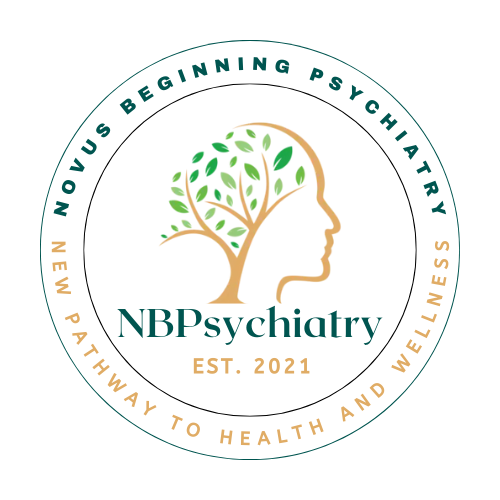Seasonal Affective Disorder
Seasonal affective disorder (SAD) is a type of depression that’s caused by a change in seasons, usually when fall arrives. Before fading in the sunnier spring days, this seasonal sadness gets worse in the late fall or early winter. A person can also experience a mild form of Seasonal Affective Disorder, known as the “winter blues.” The winter blues are very common, with many experiencing a mood shift during the colder, darker days of winter.
However, SAD goes beyond winter blues. It’s a form of depression. Your daily life, including how you feel and think, is impacted by SAD. Seasonal affective disorder is also called seasonal depression. If you have seasonal affective disorder, you may suffer depressive symptoms and mood swings like:
- Feeling depressed, sad, or down the majority of the time
- Weight gain and cravings for carbohydrates
- Persistently feeling down
- Feeling anxious
- Feeling extreme exhaustion and loss of energy
- Feelings of worthlessness or hopelessness
- Having trouble focusing
- Feeling lethargic and sleepy during the day
- Being angry or irritated
- Having thoughts of not wanting to live
- Sleep problems
- Loss of enjoyment or interest in often enjoyable activities
Summer SAD sufferers could experience the following:
- Agitation and restlessness.
- Decreased appetite
- Weight loss
- Episodes of violent behavior
- Trouble sleeping (insomnia)
- Increased irritability
How is seasonal affective disorder (SAD) diagnosed?
Do not attempt to self-diagnose seasonal affective disorder (SAD) if you ever experience symptoms. Visit a Psychiatrist for a complete assessment. These mental health professionals will question you about your symptoms. Your pattern of symptoms will be taken into account when determining if you have seasonal depression or another mood disorder. Your doctor could do a physical examination and ask you detailed questions about your health. In some instances, to check if your thyroid is working correctly, your doctor may do a blood test called a complete blood count (CBC). Your doctor or mental health specialist will inquire about your symptoms, thoughts, feelings, and behavior patterns to look for indications of depression.
What causes seasonal affective disorder (SAD)?
Melatonin boost
A hormone called melatonin regulates your emotions and sleeping patterns. In some persons, the lack of sunlight may encourage excess production of melatonin. During the winter, you could feel lethargic and tired.
Brain chemical imbalance
Neurotransmitters are substances in the brain that communicate with nerves. Serotonin is one of these chemicals, and it has an impact on your mood, happiness, hunger, and sleep. Your serotonin levels may already be low if you suffer from SAD. A lack of sunlight in the winter can worsen the situation because sunlight helps regulate serotonin. Serotonin levels might further drop and cause depression.
Biological clock change
Your biological clock adjusts when sunlight levels decrease. Because your body depends on sunlight to time important processes, such as when you wake up, lower light levels during winter may disrupt your body clock and cause SAD symptoms. This internal clock drives your hormones, mood, and sleep.
Vitamin D deficiency
A lack of vitamin D also increases serotonin levels because vitamin D is produced in part by sunlight, a lack of sunlight during the winter months might cause a vitamin D shortage. The serotonin level and your mood may be impacted by that change.
Negative thoughts
How is seasonal affective disorder (SAD) treated?
Light therapy
Bright light treatment, commonly referred to as phototherapy, uses a special lamp to treat SAD. You sit a few feet away from a specific light box each day after waking up to be exposed to strong light. The use of light therapy, which mimics natural outdoor light, appears to affect brain chemicals linked to mood.
Cognitive behavioral therapy (CBT)
CBT is a form of talk therapy. Research has shown that it provides the most sustained treatment for SAD and produces long-lasting effects compared to any other treatment approach. Cognitive behavioral therapy can help you learn healthy ways to cope with SAD, especially by reducing avoidance behavior and scheduling meaningful activities. It also helps you learn how to manage stress.
Medication
Some SAD sufferers get relief from antidepressant medication, especially if their symptoms are severe. Sometimes, doctors will advise taking depression medication, either by itself or in combination with light treatment.
Spending more time outside
Getting more sun will help your symptoms improve. Try to get out during the day. Boost the amount of sunlight entering your home or workplace.
Vitamin D
A vitamin D supplement may make you feel better.



